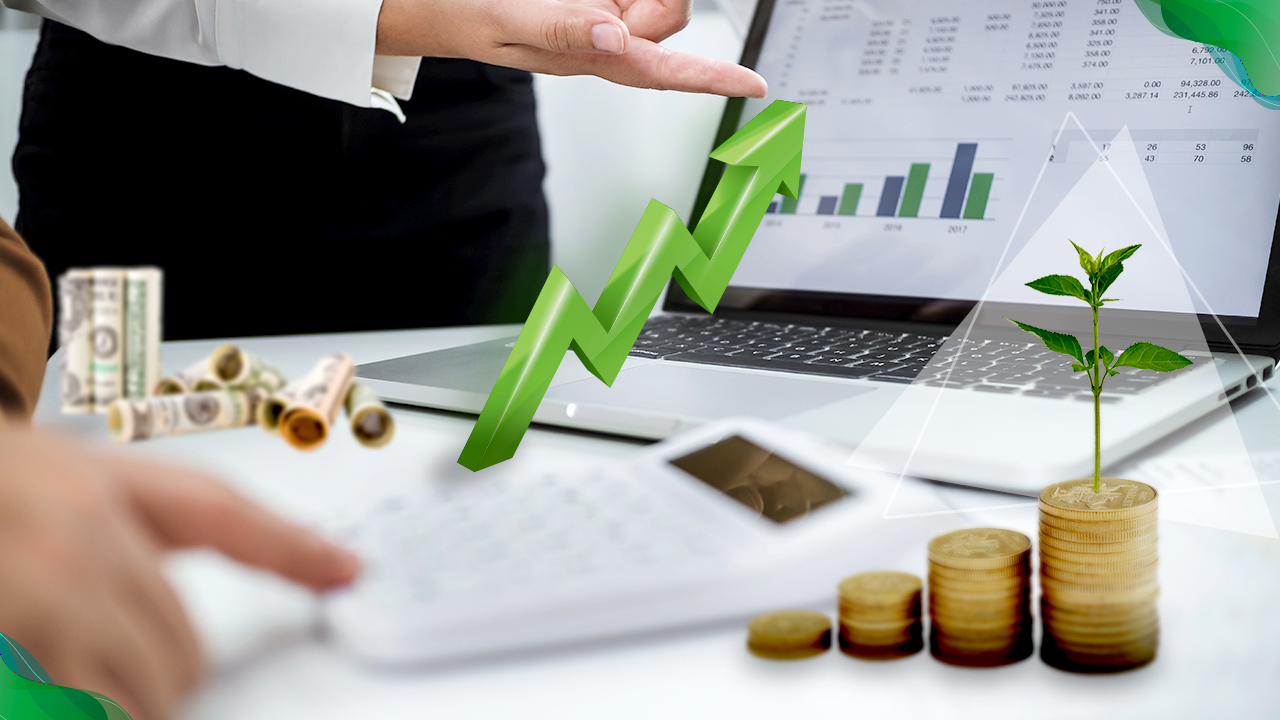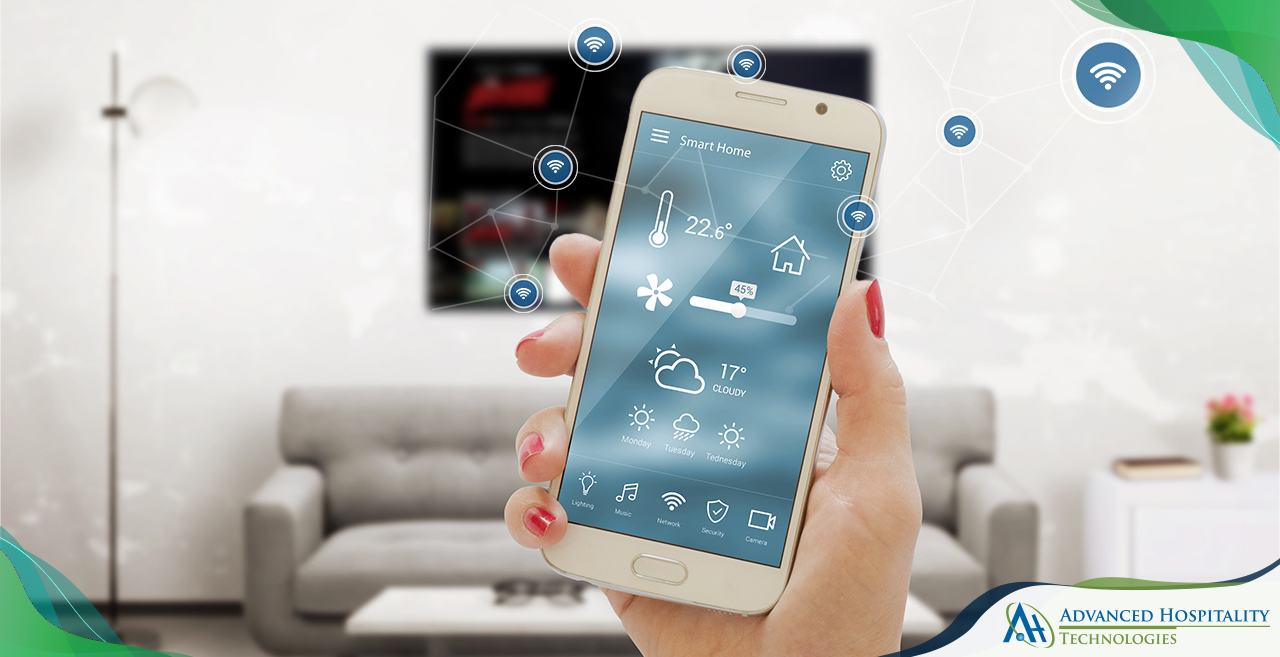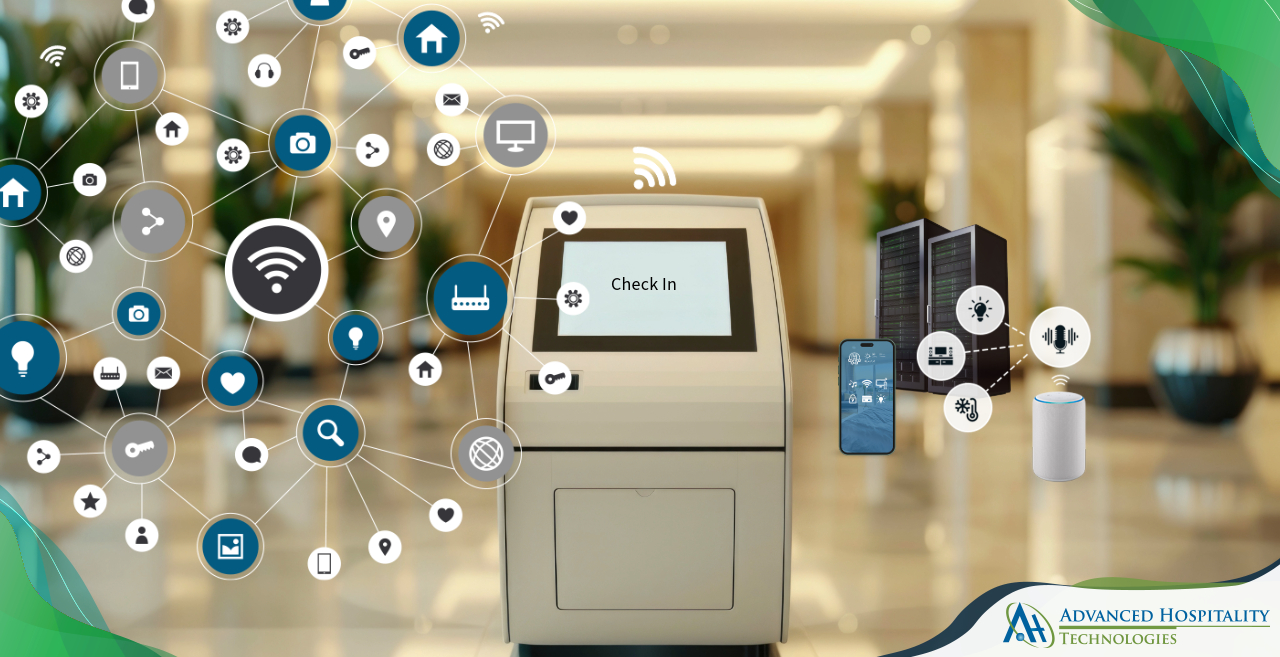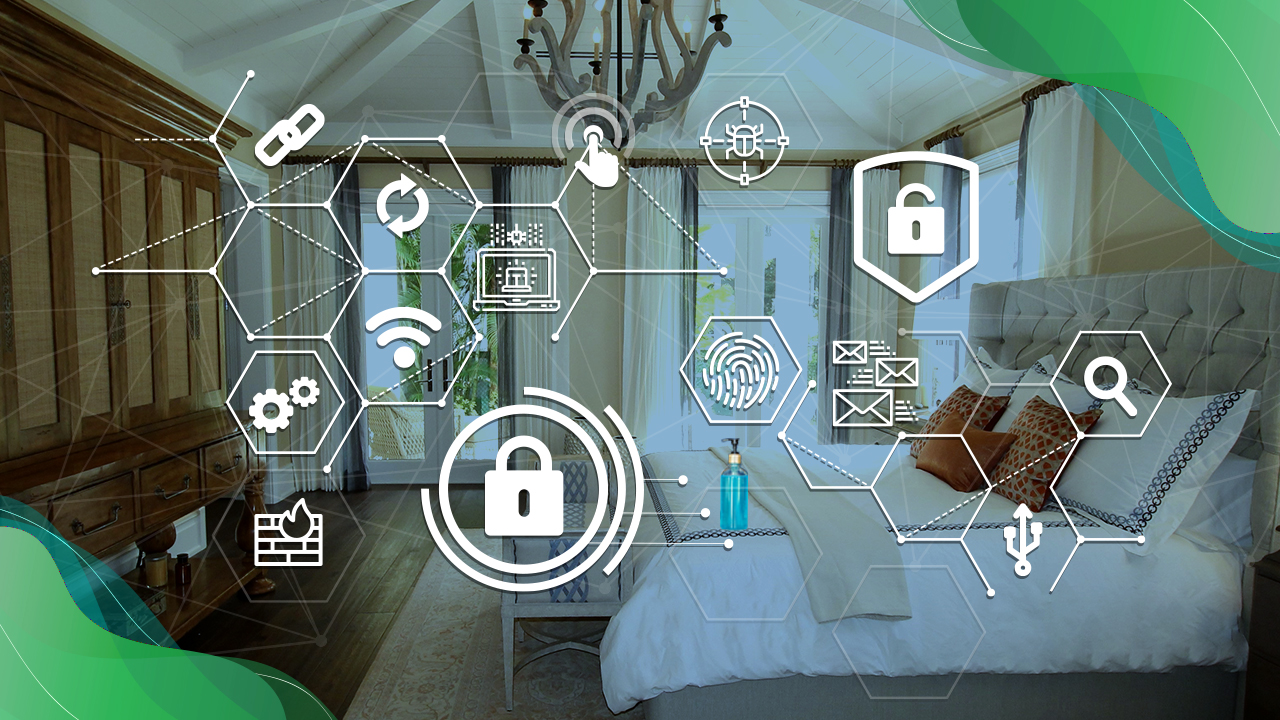Introduction
In today’s competitive hospitality industry, revenue management is more crucial than ever. However, the traditional approach, which focuses solely on room rates, is no longer enough. To maximize profitability, hotels need to adopt a more comprehensive strategy: Total Revenue Management (TRM). This approach expands beyond room pricing to optimize revenue across all areas of a hotel’s operations. With the rise of advanced technologies, the ability to effectively manage revenue has been significantly enhanced. Technology in Total Revenue Management allows hoteliers to make data-driven decisions and maximize their overall earnings.
In this blog, we will explore what Total Revenue Management entails, how it differs from traditional revenue management, and how technology plays a pivotal role in its effectiveness.
What is Total Revenue Management?
Total Revenue Management is a holistic approach that seeks to optimize revenue from every aspect of a hotel’s operations, not just from room sales. It involves analyzing and optimizing pricing strategies for all departments, including food and beverage outlets, spa services, event spaces, and ancillary services such as parking or retail stores. The goal is to maximize revenue potential from every guest interaction and every service provided within the hotel.
This comprehensive strategy is different from traditional revenue management, which mainly focuses on setting room rates based on factors such as occupancy, demand, and competitor pricing. While room revenue is still a significant contributor to a hotel’s profitability, it only represents a fraction of the total income that can be generated. By applying TRM, hotels can capture additional revenue opportunities that would otherwise be overlooked.
For example, optimizing pricing for event spaces or offering dynamic pricing for spa services during high-demand periods can significantly increase revenue. This means that every department plays a role in contributing to the hotel’s overall success, rather than just relying on room bookings.
Total Revenue Management Vs Traditional Revenue Management
The main difference between traditional revenue management and Total Revenue Management lies in their scope. Traditional methods are often narrowly focused on maximizing revenue through room sales. In contrast, TRM takes into account the entire guest journey, ensuring that every interaction, from dining to using the hotel’s spa or booking meeting rooms, is optimized for profitability.
Another critical distinction is that TRM incorporates a longer-term view. Traditional revenue management is often based on short-term data, like current market demand or competitor pricing. On the other hand, TRM relies on a broader range of data, including guest preferences, spending patterns, and the performance of different hotel departments. This data-driven approach allows hoteliers to make informed decisions that increase revenue across all areas of the business.
Furthermore, Total Revenue Management encourages collaboration between departments. Traditionally, departments such as food and beverage or spa services operate independently from the revenue management team. However, in TRM, these departments work together to create a unified strategy that maximizes overall profitability.
The Role of Technology in Total Revenue Management
Technology has become an indispensable tool for effectively implementing Total Revenue Management in hotels. It not only helps in collecting and analyzing data but also enables dynamic pricing, predictive analytics, and automation. Below are the key ways technology is augmenting TRM:
1. Automated Revenue Management Systems (RMS)
One of the primary ways technology in Total Revenue Management is making a difference is through automated Revenue Management Systems (RMS). These systems use artificial intelligence (AI) and machine learning (ML) to analyze large amounts of data in real time. Based on this analysis, they can recommend optimal pricing strategies not just for rooms, but for every department.
For instance, an RMS can dynamically adjust room rates based on demand, occupancy levels, and competitor pricing. At the same time, it can optimize pricing for ancillary services such as dining or spa treatments, ensuring that the hotel captures maximum revenue from all areas. This dynamic approach allows hotels to respond quickly to market conditions, making TRM more efficient and effective.
2. Advanced Data Analytics
Technology in Total Revenue Management relies heavily on data. Advanced data analytics tools allow hotels to gather valuable insights into guest behavior, spending patterns, and the performance of different revenue streams. With this data, hoteliers can make more informed decisions about pricing, marketing, and operations.
For example, data analytics can reveal trends such as which services are most popular during certain times of the year or which guest segments tend to spend more on dining or spa services. Armed with this information, hotels can implement strategies that optimize pricing and promotions, ultimately driving higher total revenue.
Moreover, predictive analytics, powered by AI and machine learning, can forecast future demand and help hotels adjust their strategies in advance. This allows hotels to better plan for high-demand periods, ensuring that they maximize revenue potential from every department.
3. Integrated Property Management Systems (PMS)
An integrated Property Management System (PMS) is crucial for implementing Total Revenue Management successfully. Modern PMS solutions offer cloud-based platforms that connect all departments within a hotel, providing real-time access to guest data and service usage.
This integration ensures that every department is aligned with the overall revenue strategy. For example, if a guest spends a significant amount on spa services during their stay, the PMS can track this and offer personalized promotions or discounts for future bookings. Similarly, if a guest is hosting an event at the hotel, the PMS can suggest bundled packages that include room stays, dining, and event space, driving additional revenue.
The integration of PMS also enhances operational efficiency, enabling hotels to manage multiple revenue streams simultaneously. This comprehensive view allows hotels to better allocate resources and adjust strategies based on real-time data.
4. Mobile Technology and Personalization
Mobile technology is reshaping Total Revenue Management by allowing hotels to offer personalized services and targeted promotions to guests. Apps enable guests to book services, such as dining or spa treatments, directly from their smartphones, creating new opportunities for cross-selling and upselling.
Additionally, mobile technology allows hotels to collect valuable guest data, such as preferences and spending habits. This data can then be used to offer personalized promotions, which not only enhance the guest experience but also drive higher spending across multiple revenue streams. For example, if a frequent guest regularly books spa treatments, the hotel can offer a discounted package through their mobile app, increasing the likelihood of additional bookings.
5. Business Intelligence (BI) Tools
Business Intelligence (BI) tools are essential for understanding how different revenue streams are performing and where there are opportunities for growth. These tools provide real-time reports and visualizations that allow hoteliers to track performance across all departments.
For example, a BI tool might highlight that food and beverage sales are down during certain times of the year, prompting the hotel to introduce targeted promotions to boost sales. Similarly, it can help identify which services are most profitable, allowing hotels to focus their efforts on maximizing revenue from those areas.
By leveraging BI tools, hotels can make data-driven decisions that lead to more effective Total Revenue Management strategies.
Conclusion
Total Revenue Management is a powerful strategy that goes beyond traditional room pricing to maximize revenue across all areas of a hotel’s operations. As hotels continue to evolve, the use of technology in Total Revenue Management is becoming increasingly important. Automated systems, advanced data analytics, integrated PMS, and mobile technology are all helping hotels optimize their revenue potential.
By leveraging these tools, hotels can make better decisions, enhance the guest experience, and capture more revenue from every aspect of their business. In today’s competitive market, adopting Total Revenue Management, supported by the right technology, is crucial for long-term profitability and success.




